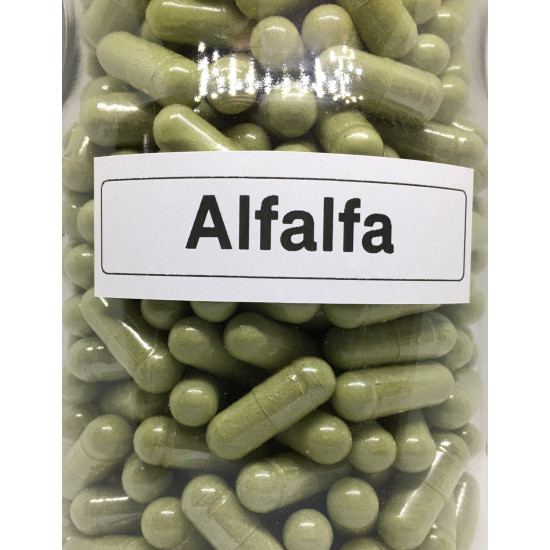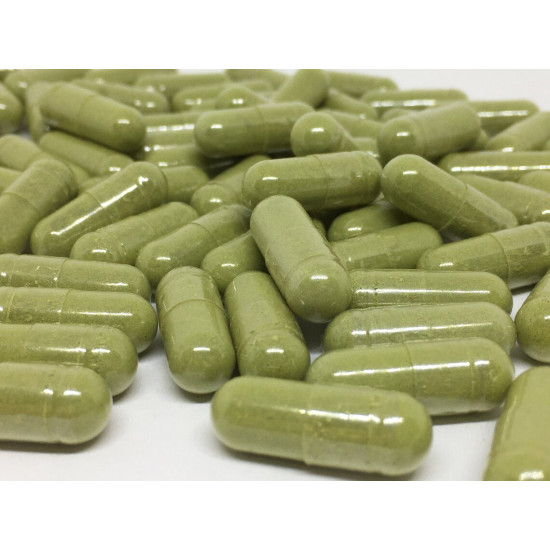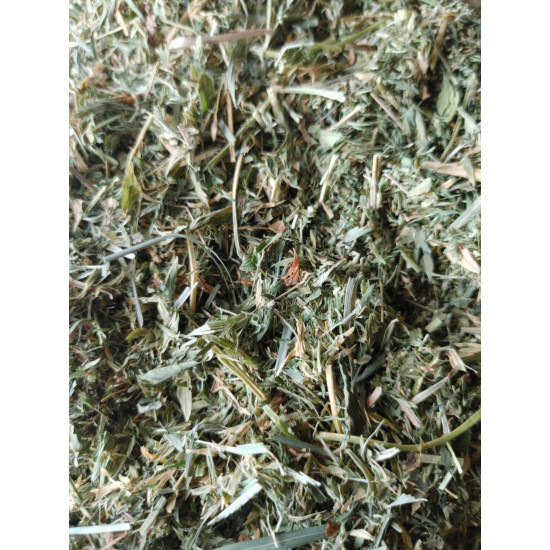Alfalfa leaves are highly nutritious and contain a range of vitamins, minerals, and phytochemicals
-550x550w.jpg)
-550x550w.jpg)



-80x80w.jpg)
-80x80w.jpg)



- Stock: 999
- Model: alfalfa
Available Options
Alfalfa leaf refers to the leaves of the alfalfa plant, scientifically known as Medicago sativa. Alfalfa is a perennial flowering plant that is cultivated as a forage crop for livestock and also has various uses in traditional medicine and as a dietary supplement.
Here are some key points about alfalfa leaf:
Appearance: Alfalfa leaves are small, bright green, and have a distinctive pinnate (feather-like) shape. They typically have three leaflets per leaf and grow on slender stems.
Nutritional Profile: Alfalfa leaves are highly nutritious and contain a range of vitamins, minerals, and phytochemicals. They are a good source of vitamins A, C, E, and K, as well as several B vitamins. They also provide minerals like calcium, potassium, iron, and magnesium. Additionally, alfalfa leaves contain protein, fiber, and antioxidants.
Traditional Uses: Alfalfa has a long history of use in traditional medicine systems, including Ayurveda and Chinese medicine. The leaves have been used to support digestion, promote detoxification, balance hormones, and support overall health.
Dietary Supplements: Alfalfa leaf is often consumed in the form of dietary supplements. It is available as dried leaves, powdered extracts, capsules, or as an ingredient in various herbal formulations. These supplements are typically marketed for their potential health benefits, including immune support, improved digestion, and as a source of vitamins and minerals.
Animal Feed: Alfalfa is primarily grown as a forage crop for livestock due to its high protein content and digestibility. The leaves, along with the stems and flowers, are commonly harvested and dried to make hay or used as a component of animal feed.
Potential Health Benefits: Some studies suggest that alfalfa may have health benefits, although more research is needed to establish its effectiveness. It has been investigated for its potential anti-inflammatory, cholesterol-lowering, and blood sugar-regulating properties. However, it's important to note that individual results may vary, and it's always advisable to consult a healthcare professional before starting any new dietary supplement.
Precautions: Alfalfa can interact with certain medications and may not be suitable for everyone. People with autoimmune disorders, hormone-sensitive conditions, or those taking blood-thinning medications should exercise caution and seek medical advice before using alfalfa leaf supplements.

-250x250w.jpg)







